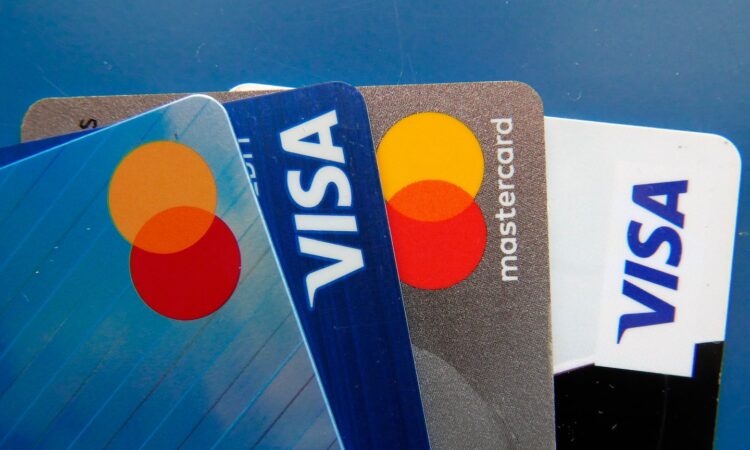
This is a problem because a lot of people no longer have the money to pay back what they’ve borrowed.
Nearly 25 million people are behind on their credit card, auto loan or personal loan payments, according to a Moody’s Analytics analysis of Equifax data. The nation has not seen anything that high since 2009 in the midst of the Great Recession. It’s a warning sign in this hot economy.
It’s plausible the situation could deteriorate, especially if a recession arrives. Many households are also behind on their utility bills: 20.5 million homes had overdue balances in January, according to the National Energy Assistance Directors Association. The number of households applying for help to pay their utility bills is the highest it has been since 2011. Families are already making difficult choices about cutting food or medicine or heat from their budgets. If job losses climb, many will likely lose cars or homes.
There’s a confluence of factors driving this: Inflation remains stubbornly high, generous government support during the pandemic is ending, some families overspent and used car prices dropped so some owe substantially more than a car is worth. There was also a quirk in which many low-income borrowers suddenly had higher credit scores in recent years as they paid off debt. Now lenders are no longer as lenient. The grace periods are getting shorter.
Struggling families have fewer places to turn for help. Food stamp benefits were cut on March 1, slashing $182 a month for the average recipient. Mile-long lines at food banks are back in some parts of the country, and families say they can’t afford meat or more than one meal a day. The more generous Medicaid rules are rolling back on April 1. Student loan debt relief is likely to end in the coming months. Tax refunds that many lower-income families rely on all spring and summer are far smaller this year as child tax benefits have been reduced. Goldman Sachs is warning that lower-income households are facing a substantial hit.
“I’m very surprised at how quickly people are running into financial trouble,” said Mark Zandi, chief economist at Moody’s Analytics. “It’s just going to get a lot tougher from here.”
What’s happening is a rapid return of the pre-pandemic “two Americas” — where the top thrived while many lived paycheck to paycheck, only one surprise car problem, health issue or home repair away from financial disaster. The pandemic era was unusual. Government aid lifted millions out of poverty and gave tens of millions a savings cushion for the first time in years. But inflation has eaten that away. The bottom 20 percent have already spent their savings, and there’s not much left for those in the middle, said Gregory Daco, chief economist at EY-Parthenon.
Few on Wall Street are talking about this big squeeze on family budgets. This is not a repeat of the housing crisis in 2008. Credit card and auto loan debts are much smaller than a home loan. From a big picture perspective, household debt as a percentage of the total economy looks more manageable now than in 2007.
Still, when middle-class families are forced to cut back their expenses sharply and lower-income families can no longer afford the basics, that creates a drag on the entire economy. The bottom 60 percent of earners contribute about 40 percent of U.S. consumption, which drives growth, Daco notes. A pullback at the bottom might not be enough to tip the economy into a recession, but it will be noticeable. Already, shoppers are buying more store brands and fewer “nice to have” items such as toys and furniture, and one big used car company has gone out of business.
“What’s ahead is a forced withdrawal from a very satisfying way of life. It’s a mass drug detox,” wrote Peter Atwater, president of Financial Insyghts, in a recent note to clients.
There’s little appetite in Congress to extend aid, even the highly successful child tax credit that lifted many children out of poverty. Meanwhile, the Federal Reserve is actively raising interest rates to fight inflation and cool the job market, actions that could lead to layoffs or a recession. For now, workers are still able to change jobs in search of better pay, though companies are starting to pull back on job openings and hiring.
The best hope for many who are struggling is the Consumer Financial Protection Bureau and other regulators ensuring that debt collectors follow the rules and work with consumers on ways to modify loans. It’s not in anyone’s best interest to see millions lose their cars to repossession or 20- and 30-year-olds stuck in credit card debt for decades to come.
The flares are going off. If the economy does fall into a recession, it will only get more perilous for those at the bottom.






